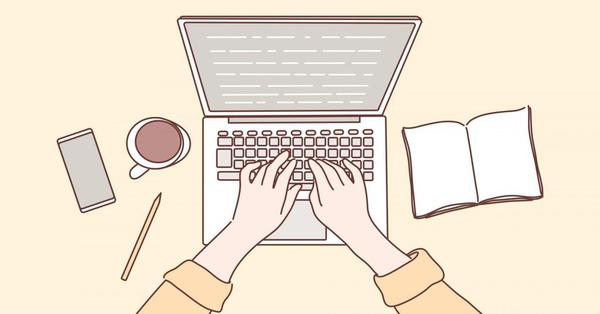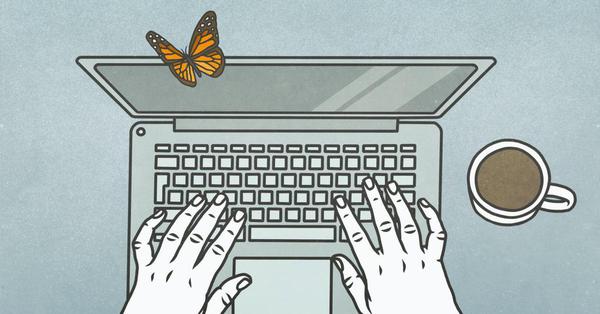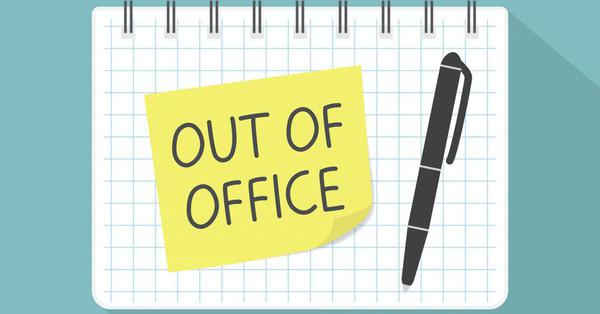Stylist
•
21st April 2022
3 things you can do to thrive at work as a highly sensitive person
Navigating the working world can be an intense experience for anyone – let alone if you’re a highly sensitive person, or HSP. In a society that celebrates those who thrive in fast-paced, cutthroat environments, the estimated 15-20% of the population who experience the world more intensely and deeply than others are often forgotten. But just because HSPs might find some aspects of work more challenging, it doesn’t mean HSPs can’t find a way to thrive in the workplace.
In fact, in some respects,

















